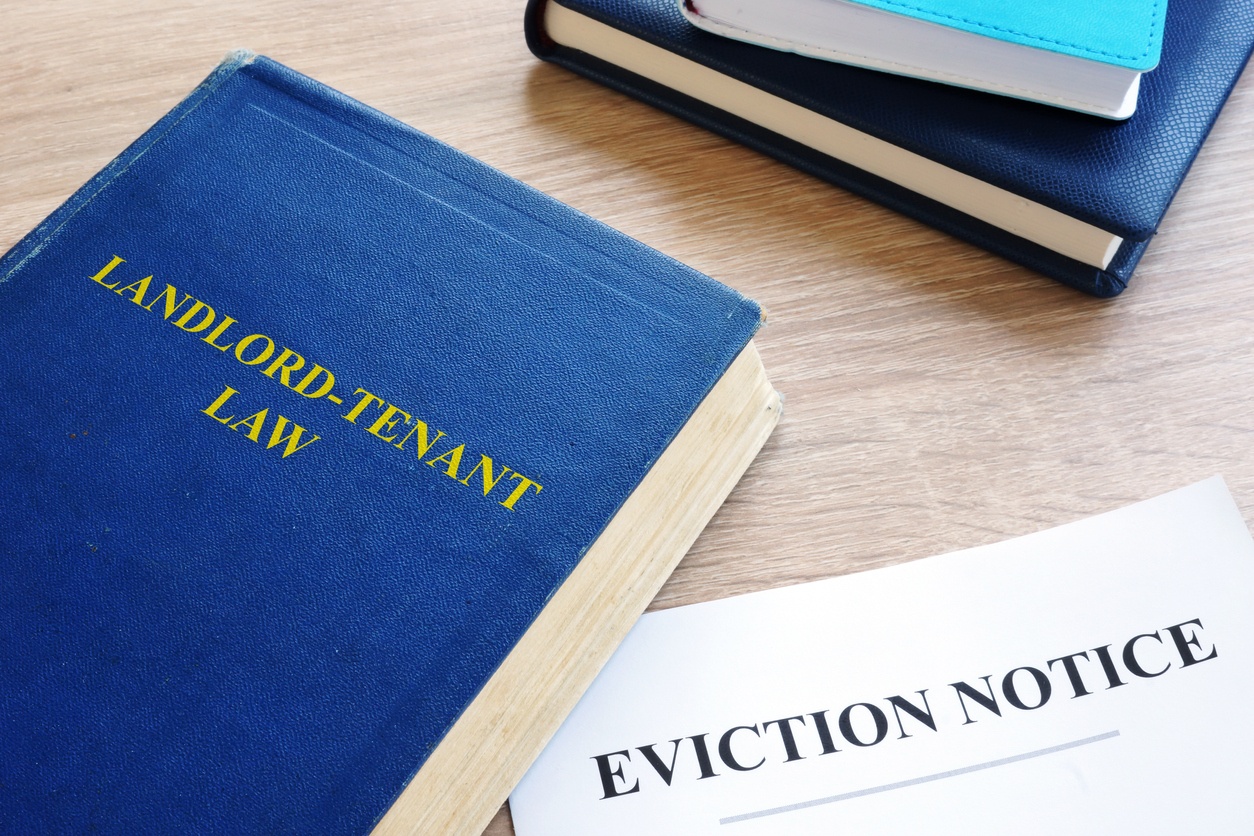Home » Uncategorised »
Will the eviction ban in England and Wales end on 20th September?
This article is an external press release originally published on the Landlord News website, which has now been migrated to the Just Landlords blog.

The ban on evictions in England and Wales is due to end on Sunday 20th September. The National Residential Landlords Association (NRLA) points out that at this point it will have been six months since landlords were last able to:
- Take action against those tenants committing anti-social behaviour and causing misery for fellow tenants and neighbours.
- Take action against those perpetrating acts of domestic violence.
- Address situations where tenants were building rent arrears prior to lockdown that have nothing to do with COVID-19.
- Regain possession of their homes where they have rented them out whilst working elsewhere, such as those in the military.
For these reasons, it believes that it is important the courts open again to hear the most recent cases under the new rules that will provide protection for tenants affected by COVID-19.
The NRLA provides the following summary of these new rules:
Protections for tenants affected by COVID-19
Existing claims
When the courts start hearing claims for repossession again, a landlord with a claim already in progress will have to provide a ‘re-activation notice’ informing the court (and the tenant) in writing. If they don’t, the case will remain dormant.
They will have to provide a ‘re-activation notice’ informing the court (and the tenant) in writing. If they don’t, the case will remain dormant.
They will also have to provide a ‘re-activation notice’ informing the court (and the tenant) in writing. If they don’t, the case will remain dormant.
Alongside this, the Government has introduced rules that mean in most cases landlords will be required to provide six months’ notice to a tenant where they want to repossess a property. This will include all Section 21 repossessions. The exemptions will be the following situations:
- Tenant anti-social behaviour (4 weeks’ notice).
- Perpetrators of domestic violence (2 to 4 weeks’ notice).
- The tenant provides false statements to landlords (2 to 4 weeks’ notice).
- The tenant has accumulated 6 months’ of rent arrears (4 weeks’ notice).
- Breach of immigration rules ‘Right to Rent’ (now 3 months’ notice).
However, there is still the problem of those who rent their own homes our whilst working elsewhere, such as those in the military. They will still have to provide six months’ notice, despite not necessarily being in a position to know if they will need their home back this far in advance. The NRLA is calling on the Government to address this anomaly.
Chris Norris, Policy Director for the National Residential Landlords Association, comments: “The Government needs to keep its word and ensure that urgent repossession cases can be heard again after the 20th September.
“We need the courts to deal with cases where tenants are committing anti-social behaviour or where there are long-standing rent arrears that have nothing to do with the pandemic.
“Over the last six months landlords have been powerless to take any action against those who cause misery for fellow tenants and neighbours. This has to end.”
The NRLA has provided the following case studies:
Colin
- Colin is a private sector tenant who has spoken to the NRLA about the anti-social behaviour he and his partner have faced at the hands of tenants living in the flat above him. He has been required to shield due to a condition whereby his immune system attacks itself.
- He has spoken of the tenants above him playing loud music, singing, swearing, and banging the floor late at night. When Colin has asked them to turn the music down they began to bang on and spit at his windows.
- He spoke in June of being horrified at the prospect of the repossession ban being extended and the landlord being unable to take any action against his neighbours. All the police told Colin was to move out for a few days to see if the behaviour settled.
Phil Young
- Phil Young retired from his job as an IT director last year due to ill health as he is recovering from cancer.
- He became a landlord to help to boost his income when he retired and took over as the landlord of three flats in February this year. One tenant was inherited from the previous landlord of the property.
- Despite the tenant continuing to receive Universal Credit during the pandemic and having not been affected financially by the coronavirus, Phil says between February and July, the tenant did not pay anything in rent and has now built £3,500 in rent arrears.
- Phil met with the tenant to discuss the arrears, and they came up with an agreed payment plan. At that point, he had felt hopeful that the tenant would stick to the plan, having not heard anything from them to suggest they would not.
- When the time came for the tenant to pay the agreed rent, they again did not pay and gave no reason why. Phil served notice on the tenant in May as communication had stopped, and despite his best efforts to come to an agreement, this was ignored.
- Phil did try to arrange for direct payments of Universal Credit to be made to him, but he says the tenant refused permission for this to happen, stating that they would be moving out of the property in July. This did not happen, and the tenant continued to live at the property not paying rent.
- Phil has since been able to get one payment of Universal Credit for August’s rent, but is still owed thousands of pounds and says he doesn’t know if this will ever be paid back to him.
- Applying for a buy-to-let mortgage holiday is not an option as the flat is in a commercial block. Phil says he relies on receiving the income for his own livelihood. He says he is “not wealthy, I am a first-time landlord trying to make a meagre living” and that he feels that landlords have “all been tarnished with the same brush”. He worries it could be well into next year before he is able to gain possession of the property due to the repossessions ban.
Emma
- Emma Burton, her husband, and children are now trapped in France, living with Emma’s parents, as a result of being unable to reclaim possession of their home which they rented out whilst working abroad in 2019.
- The tenant stopped paying the rent in December 2019. They have a four-year-old son who has a rare metabolic disorder and needs medication and a special diet. As non-residents, they can’t get this from the French health system.
- They cannot regain possession of their property until at least December before the courts see it as a priority case and in reality, it is likely to be several months after that.
- The story can be read in full at: https://www.liverpoolecho.co.uk/news/liverpool-news/eviction-ban-leaves-family-left-18822038.



